Want to write a book but don’t know where to start? Learn how to write a book with no experience with these tips to kickstart your book-writing journey.
“I want to write a book, where do I start? How to write a book for beginners?”
Whether you’ve honed your skills as a freelance web content writer or are an aspiring hobbyist with dreams of publishing your own book, learning how to write a book demands some knowledge and preparation.
When I embarked on my self-publishing journey, releasing my first non-fiction book on Amazon in 2014, I was just learning how to write a book for the first time.
I then authored a series of non-fiction works, one of which achieved bestseller status, and ventured into short stories. In January 2022, I published my first science-fiction novella, Mars Glow: Aera Cura, and made it a bestseller in the Top Free Kindle Book listings.
Over the years, people have often asked me, “How do I start off writing a book?” In response, I decided to share these tips for writing books and becoming a published and successful author.
This comprehensive article includes many beginner steps to writing a book I wish I had known during my self-publishing journey to authorship. If you’re new to writing a book for the first time, they’ll provide essential wisdom on the best way to start writing books for beginners.
Contents
- How to write a book for beginners
- #1. Choose your book genre
- #2. Research Amazon book categories
- #3. Choose your book title & topic
- #4. Consult a book writing coach
- #5. Join a writing class & community
- #6. Write your book outline or plot
- #7. Leverage AI story-writing tools
- #8. Edit and proofread your manuscript
- #9. Contact a book publisher
- #10. Consider self-publishing
- How to start writing a book
- 8 character development techniques
- How to write realistic and compelling plotlines
- 9 captivating book opening lines
- 15 writing prompts for writing a story
- How long does it take to write a book?
- Book writing tips for beginners
How to write a book for beginners
Wondering how to begin writing a book? Need help writing a book for the first time? This comprehensive guide to writing a book will help you achieve your goals.
By following these tips on writing a book for beginners, you’ll acquire the knowledge and skills necessary to embark on your journey to becoming a published author.
#1. Choose your book genre
The inaugural step in planning to write a book that will get published and become a bestseller is genre selection. A book genre is your passport to different worlds, each with its unique tapestry of emotions, adventures, and ideas.
You could be a magician weaving spells in the mystical land of fantasy, a detective chasing shadows in the thrilling domain of mystery, or a romance novelist sweeping readers off their feet with tales of passion and love.
Non-fiction, on the other hand, lets you become an explorer, whether you’re writing how-to books, or unveiling the hidden truths of history, science, or human experience. Poetry, with its lyrical verses, invites you to dance with words, painting vivid emotions with the strokes of your pen.
Drama places you center stage, crafting scripts that come alive in the spotlight of a theater or on the grand screen. For the young at heart, children’s literature awaits, with age-appropriate wonders in picture books, middle-grade adventures, and young adult mysteries.
And for the audacious, genre-blending offers a canvas where you can merge realms, creating unprecedented stories like historical romance or science fiction thrillers. To know more, read this article on the 14 main literary genres.
Why is selecting a genre before you put pen to paper so crucial? Because it’s a grand orchestration of expectations, style, and destiny.
First, it sets the stage for your audience, ensuring readers know what to anticipate. Different genres have different rules, and readers eagerly embrace them when they choose their literary voyage.
Then, there’s the matter of style. Each genre has its signature language, rhythm, and narrative structure. It’s like choosing the right costume for your story’s ball – a historical ball gown for a period piece or a sleek spacesuit for a science fiction adventure.
Consider the marketplace, where genres are like street signs guiding readers to their desired destination. Choosing the right genre makes it easier for your book to stand out and beckon to its intended readers.
Speaking of readers, their hearts are often drawn to a specific genre like moths to a flame. Selecting the right genre ensures you connect with those who will cherish your story the most.
Genres also offer creative constraints that can ignite your imagination. Within the boundaries of a chosen genre, you can craft a unique narrative that bends, challenges, and transcends expectations.
And if your aspirations lead you to traditional publishing, agents and publishers will be delighted to know your story’s genre. It’s crucial in navigating the vast ocean of the publishing world.
Remember, though, while genres are stars that guide your literary ship, they should never limit your voyage.
Within each genre, there’s room for daring innovation and imagination. So, choose your genre wisely, dear writer, for it’s the first step on a magical journey where the pages of your story come alive.
This initial decision entails defining your target audience, a pivotal choice that sets the course for your writing journey. Do you want to write for kids, young adults, or adults? Do you want to write fiction or non-fiction?
Are you interested in learning how to write a self-help book, write a memoir book, or write a poetry book? If you want to write fiction, what genre of fiction do you want to write?
#2. Research Amazon book categories
This tip for writing a book carries profound significance because the meticulous selection of browse categories and Amazon keywords, constituting your book’s metadata, significantly shapes how readers discover and ultimately acquire your book within the expansive Amazon marketplace.
Mastering the art of discerning the correct Amazon book categories and keywords is a strategic step in enhancing your book’s visibility and appeal to potential readers.
These Amazon book category selections and keywords bolster traffic and, when expertly incorporated into your metadata, forge a strong detail page that impacts conversion to sales.
If you want to learn to write books that become bestsellers, continuously tracking your book’s sales ranking and monitoring competitor authors’ performance is essential for sustained success.
As a result of Amazon’s latest category update, 27 percent of shoppable categories are now hidden from view. In addition, books cannot be included in rankings or become bestsellers in such sections.
This implies that many writers’ books are receiving significantly less interest than they had hoped, prompting an increased need for information on how to avoid “ghost categories” and preserve book sales.
Author tools like Publisher Rocket will help you tweak your Amazon book listing to generate maximum Kindle book sales. It provides real-time data on what Amazon book buyers type into Amazon, and how many people search for these keywords every month.
These Amazon keyword research tools can help you quickly find pertinent and niche categories for your books and learn how many books you’d need to sell that day to be the new #1 bestseller.
#3. Choose your book title & topic
The next step in writing a book involves the pivotal decision of your book’s content. Are you writing a children’s book or writing a book about your life?
Consider if you’re aiming to educate your readers or weaving a captivating narrative that ensnares their imagination, making it impossible to set your book aside. This choice shapes your book’s essence and purpose.
Opt for a book topic or theme that ignites your passion or aligns with your expertise. Your genuine enthusiasm will prove invaluable in sustaining your motivation throughout the writing journey.
This genuine interest is a powerful driving force, helping you persevere through the common hurdles writers encounter, ensuring your project’s completion.
In this free Webinar on 5 Steps to Planning & Publishing a Best-Selling Book, Brian Tracy, best-selling author of 80+ books, demonstrates his non-fiction writing techniques for choosing a book topic and title.
You’ll discover his signature methodology for outlining the content and chapters of your book to expedite your writing process and learn why the book-planning process is the most important step.
#4. Consult a book writing coach
Engaging an expert book writing coach before embarking on your writing journey can give you valuable insights into the types of books readers are currently seeking and align your work with the preferences of publishers.
By understanding market trends and demands, you position yourself for greater success in the competitive publishing world. It can help to know which literary tropes to avoid or what sort of books are selling right now, and this is the sort of advice that a book coach or literary agent can offer.
Consulting with a book publisher or literary agent specializing in a specific genre, like romance novels, can help you gain guidance on trending topics and themes that resonate with readers to enhance the appeal and marketability of your manuscript.
#5. Join a writing class & community
Delving into literature within your preferred genre can serve as a masterclass in storytelling. It immerses you in diverse narrative styles, character development, and plot structures, sparking inspiration and understanding.
Unlock the art of storytelling with MasterClass writing courses led by renowned authors. These classes offer invaluable insights into crafting compelling narratives, refining your style, and navigating the publishing industry.
Learning to write books from accomplished authors empowers aspiring writers to hone their skills, and gain invaluable insights into the nuances of crafting a captivating and successful narrative within their chosen genre.
Forge a disciplined writing routine, designating a specific time and a dedicated space for your literary endeavors. Initiate your creative process with a daily word count objective. Your unwavering commitment to this daily routine is the cornerstone of prolific and consistent writing progress.
Join writing groups, workshops, or virtual communities to harness the power of constructive feedback. In my Facebook Group for writers, you’ll get writing advice for beginners, including downloadable materials and guides designed to help you start your book-writing journey.
Writing communities like the Freelance Writer’s Den provide a platform where fellow writers offer valuable insights and critiques. Embracing such feedback catalyzes continuous improvement, sharpening your writing skills and elevating your craft.
Brian Tracy’s Free 20-Step Author Quick Start Guide offers essential tips for efficiently structuring your book, secret exercises to enhance your writing pace, and a straightforward strategy for swiftly delivering your manuscript to publishers, expediting your path to authorship.
#6. Write your book outline or plot
Many writers struggle with organizing their ideas and finding the right starting point when learning how to make a book for beginners. Structuring your book helps build a strong foundation.
As an aspiring author, it’s helpful to know that there are two types of authors, so you can understand which one you are:
- Plotters are writers who need an outline to write
- Pantsers are writers who write spontaneously “by the seat of their pants”
Even Pantsers need some kind of structure in their book, so a good place to start is by coming up with an outline or synopsis of your story and then drafting a table of contents.
Plot clarity is the cornerstone of literary success. Whether writing fiction or non-fiction, you must first learn how to write a book outline or plot. A well-defined and robust plot is fundamental in creating a book with publishing potential.
For new writers learning how to start a book for beginners, these pre-writing techniques for writers and authors will help you brainstorm ideas and outline your plot or main points.
If you’re writing fiction, it’s important to start out with your book plot and learn how to write a novel outline. Plotting key events and character arcs ensures a compelling narrative.
For non-fiction book writers, mapping and organizing chapters with clear main ideas enhances readability and comprehension. Both approaches provide a roadmap, guiding your readers or characters through a meaningful journey.
You can write a book outline by breaking the book into chapters, each with a working title and a brief summary of its content. Review the outline for consistency, plot holes, and logical flow.
Fiction Formula: How to Outline a Bestselling Novel is a structured guide to writing a book using genre plotting templates. It includes a 24-chapter plot outline and provides a step-by-step approach to plotting bestselling fiction, addressing why readers get bored and how to keep them engaged.
In the video below, Abbie Emmons explains how to write a novel for beginners, and shares a free 3-act “writing a book outline template” on her blog.
#7. Leverage AI story-writing tools
Online writing software can help you write a book online by providing a centralized platform for drafting, organizing, and editing your content.
If you’re stuck for ideas, you can get inspiration for a story from an AI story generator that will help you write an outline for a fiction or nonfiction book. Once you have a good idea of the structure and flow of your book, you can start writing the individual chapters.
Sudowrite’s AI story-writer tool proves invaluable in combating writer’s block. Begin by providing a concise story summary in a few sentences.
This ingenious tool then analyzes your writing prompt and seamlessly continues the narrative, serving as a wellspring of inspiration to reignite your creative flow when you find yourself stuck.
Jasper’s AI Author Workflow offers an efficient approach to writing a non-fiction book. Begin by outlining your content, then leverage this tool to expedite the creation of an authoritative non-fiction book.
Jasper’s AI capabilities streamline the process, enabling you to produce valuable content swiftly and effectively. Unlock the secrets of rapid book publication with Darby Rollins’ innovative method, harnessing the power of the Jasper AI writing assistant.
This approach takes you from a blank page to a published work on Amazon, offering a streamlined and efficient path to realize your literary aspirations.
Write & publish your book with AI in 7 days
Embrace the beauty of imperfection in your initial draft. The primary objective is to capture your ideas and story’s essence. Remember, writing is a process.
Perfection emerges through revision and editing. So, allow your creativity to flow without restraint, knowing that the raw material can be polished into a literary gem in subsequent drafts.
#8. Edit and proofread your manuscript
Once you complete your initial draft, grant it a temporal reprieve before revisitation. This distancing offers a fresh perspective. Then edit meticulously, enhancing clarity, ensuring coherence, refining grammar, and refining your unique style.
Harness the formidable power of AI-driven editing software tools to elevate your proofreading and editing process. Sculpt your prose into a symphony of words that flows effortlessly, devoid of the discordant notes of grammatical errors and typographical blunders, ultimately crafting a literary masterpiece.
Every author needs an unbiased critique of their book, and you may benefit from the unvarnished opinion of an experienced, professional book editor, whose discerning eye can illuminate your work’s full potential, a crucial step in crafting a polished manuscript.
Hire beta readers on Fiverr to read, critique, and provide feedback on your manuscript.
Establish clear communication channels and provide guidance on the type of feedback you’re seeking to ensure a constructive critique process.
While book writing coaches may differ in their recommended proofreading frequencies, it’s advisable to read through your manuscript a minimum of three times to ensure its refinement and perfection.
For authors seeking professional assistance, from writing and editing to publishing and promotion, freelancers on Fiverr’s book publishing service platform offer diverse skills to simplify the complex process of bringing a book to life.
#9. Contact a book publisher
In the pursuit of traditional publishing, it’s prudent to ascertain the topics that publishers are currently seeking. You can glean valuable insights from authoritative printed resources such as the up-to-date Writer’s Market Guide.
This knowledge arms aspiring authors with a strategic advantage in aligning their work with publisher preferences. With your meticulously proofread and edited manuscript in hand, you’re now poised to submit your literary work to book agents or publishing firms.
This pivotal step necessitates crafting a polished query letter and a winning book proposal, marking the threshold to potential publication and literary success.
In Lisa Tener’s Fast Track Your Book Proposal Workshop, you’ll get clarity, guidance, and insider secrets on how to write a polished book proposal that captures the interest of agents and publishers.
Platforms like QueryTracker feature a list of book agents or publishers to help you find the ideal literary agent or publisher tailored to your specific genre, streamlining the process of finding the perfect match for your manuscript.
Before reaching out to an agent or publisher, prepare a compelling package: a synopsis, select manuscript chapters, and a well-crafted query letter.
Ensure these elements are primed and polished, for they serve as your literary ambassador, leaving a lasting impression on potential advocates in the publishing world.
Consider enlisting the guidance of a seasoned book writing coach, who offers comprehensive book coaching and mentoring services.
With their expertise, you can receive invaluable assistance to craft a compelling book proposal and navigate the entire publishing journey, from inception to completion.
#10. Consider self-publishing
So, how much money can you make writing a book? Surprisingly, independent authors often outearn their traditionally published counterparts.
If securing a traditional book deal with an agent or publisher seems elusive or less rewarding, self-publishing on Amazon Kindle Direct Publishing (KDP) offers a viable alternative worth exploring.
Learning how to start writing a book, and more importantly, how to be a good writer, is not easy, but it’s definitely worth it.
The moment you hold a published copy of your own book in your hands, the culmination of hard work and dedication, is an indescribable and fulfilling experience, making every effort along the way truly worthwhile.
How to start writing a book
Many aspiring writers get stuck in the process of how to begin to write a book. I’ve often had people ask me, “How do I start writing a book?”
“How should I start a book?”
So, how do you start a book? Well, there’s no single formula for how to start a book, because there are many ways to start a book. The unique and individual writing style of an author differs depending on their personal experiences, influences, and the genre they choose to write in.
However, one of the best ways to start writing a book is with a compelling hook that engages your readers and makes them want to keep reading. Some tips I would offer aspiring authors learning how to start writing a book with no experience are:
- Avoid dry exposition or overwhelming detail in your opening pages.
- Think about how your opening chapter can hook your readers and make them want to know more.
How do you decide where to start when writing a book? If it’s a novel, you might start with a character or scene that’s likely to intrigue your reader. If it’s non-fiction, you might want to begin with the main question you’re trying to answer or the problem you’re trying to solve.
But even a non-fiction book can start with an intriguing story that raises questions you can answer in later chapters. Malcolm Gladwell, a master of creative nonfiction, often uses storytelling as a way to introduce his in-depth research and findings.
Some writers prefer to plunge right in and begin with action, while others prefer to establish the setting and characters first. There are pros and cons to both methods.
But generally, there are a few things that all good beginnings have in common: they hook the reader’s attention and make them want to keep reading, establish the tone and style of the book, and introduce the main characters and plot.
Some popular techniques include introducing the characters, setting the scene, or beginning with a dramatic event. Another popular way to start a book is by introducing a conflict or problem that the main characters must solve.
Sometimes the best way to start a book can be something as simple as a crime that needs solving, a mystery that needs unraveling, or it could be something more complex like a family drama or political intrigue.
Starting with action can be thrilling for readers, who will want to keep turning the pages to see what happens next. However, it can also be confusing if the reader doesn’t know who the characters are or what’s going on.
Establishing the setting and characters first can help ground readers in the story world and make it easier for them to follow along. However, it can make for a slower start. So don’t forget to introduce the conflict or problem that will drive the story forward.
You could start with the character’s back story, with a scene that sets the tone or captures the reader’s attention, or even with a prologue. No matter how you approach it, the most important thing is to make sure your beginning engages readers and draws them into your story.
You want them to be eager to know what happens next, so they’ll keep reading. And it’s always important to keep your ending in mind while you’re writing the beginning – you don’t want to give away too much too soon.
The Sudowrite AI story-writer’s Twists feature is an innovative tool that not only aids in generating plot twists but also excels in crafting unexpected narrative turns that skillfully subvert expectations within the context of your story.
It enhances storytelling by infusing fresh and surprising elements into your narrative landscape.
8 character development techniques
What is character development? You can define character development as creating and evolving a fictional character in a story. It involves giving the character depth, complexity, and a sense of growth or change throughout the narrative.
This development can include personality traits, motivations, beliefs, and behaviors, which make the character more believable and relatable to the audience.
What does character development mean for storytelling and why is character development important? Character development is an essential element of storytelling, as well-developed characters can enhance the overall quality and impact of a narrative.
Authors use several character development techniques to bring their characters to life by creating well-rounded, realistic, and engaging characters in their stories and making them relatable to readers.
In this Writing Mastery Course on Crafting Dynamic Characters, you’ll learn how to write and develop unforgettable characters for your novels and short stories.
Each character development technique plays a role in fleshing out a character and making them relatable to readers. Here are some common strategies along with relevant character development examples:
#1. Backstory & Motivation
By providing characters with a backstory, motivations, flaws, and strengths, authors create multifaceted characters with depth and complexity to make them relatable.
For example, in J.K. Rowling’s Harry Potter series, the character of Severus Snape is initially portrayed as a villainous figure, but when his backstory and motivations are revealed, readers begin to understand and empathize with him, making him a more complex and relatable character.
#2. Dialogue
Dialogue is a powerful tool in character development. Authors can reveal personality traits, relationships, and emotions through conversations between characters.
For example, in To Kill a Mockingbird by Harper Lee, the dialogue between Atticus Finch and his children showcases his wisdom, compassion, and values, making him a relatable and admirable character.
#3. Internal Monologue
Internal monologue allows authors to delve into a character’s inner thoughts and feelings, providing insight into their motivations and inner conflicts.
For example, in Fyodor Dostoevsky’s Crime and Punishment, the protagonist, Raskolnikov, experiences intense internal turmoil, revealed through his internal monologues, helping readers empathize with his complex character.
#4. Physical Description
Physical descriptions help readers visualize characters and create a mental image of them, making them more relatable and memorable.
For example, in J.R.R. Tolkien’s The Lord of the Rings, the vivid physical descriptions of characters like Frodo Baggins and Gandalf help readers form a clear image of these iconic characters.
#5. Character Arc
Character arc refers to the transformation or development of a character throughout a story. Characters should change and grow, facing challenges and overcoming obstacles. This makes them more dynamic and engaging for readers.
For example, in Charles Dickens’s A Christmas Carol, Ebenezer Scrooge undergoes a profound character arc, transforming from a miserly and selfish individual to a kind and generous person, which resonates with readers and adds depth to the story.
In this course on Mastering Character Arcs, you’ll discover the art of crafting compelling character arcs that captivate readers and sell novels.
#6. Relatable Experiences
Relatable experiences are those that readers can connect with on a personal level, such as love, loss, or personal growth. By giving characters these experiences, the authors make them more relatable and allow readers to empathize with their struggles.
For example, in The Fault in Our Stars by John Green, the characters Hazel and Augustus face challenges such as illness and loss, which many readers can relate to, making their story emotionally resonant.
#7. Consistency
Consistency in character behavior is crucial for maintaining believability. Characters should act in a manner that aligns with their established personality traits and motivations. This helps readers suspend disbelief and become more invested in the story.
For example, in George R.R. Martin’s A Song of Ice and Fire series, the character of Tyrion Lannister consistently demonstrates his wit and cunning, which are core aspects of his personality, making his actions and decisions believable to readers.
#8. Conflict
Conflict is essential in storytelling, as it creates tension and drives the narrative forward. Characters facing internal and external conflicts are more engaging to readers because these conflicts add depth to the story and allow readers to empathize with the character’s struggles.
For example, in William Shakespeare’s Hamlet, the protagonist faces internal conflicts such as indecision and grief, and external conflicts with other characters, which propel the story forward and keep readers invested in Hamlet’s journey.
These character development exercises and character development prompts for ChatGPT will help you create more nuanced and engaging characters for your stories, enabling you to craft richer narratives and connect more deeply with your audience.
Creating realistic and engaging characters requires a deep understanding of human nature and the ability to craft compelling narratives that resonate with readers. Here are some resources to help you do that effectively:
- Sudowrite AI-Writer’s Characters Tool
Sudowrite AI-Writer’s Characters Tool is valuable for authors seeking to build a compelling cast for their story or seamlessly introduce new characters.
Input a line describing your story and a few sample characters and this creative AI writer tool will proficiently generate a list of potential characters, streamlining the creative process and enriching your narrative ensemble.
- Writing Mastery Course on Crafting Dynamic Characters
In this Writing Mastery Course on Crafting Dynamic Characters, you’ll learn how to access a character’s inner world to enhance your writing, craft character voices, and build a strong reader-character connection.
Learn the foundations of dynamic characters, how to add depth to flat characters, techniques for revealing characters effectively, and methods for developing characters from scratch.
- Mastering Character Arcs Course
Discover the art of crafting compelling character arcs that captivate readers and sell novels in this course on Mastering Character Arcs. Learn to choose the right character arc for your story—positive, negative, or flat—and understand the importance of integrating plot and character development.
Harmonize character and theme to create cohesive narratives, avoiding common pitfalls that lead to disjointed storytelling. Unlock the power of overarching character arcs to craft engaging trilogies and series.
How to write realistic and compelling plotlines
Here are some ways to ensure that your plotlines remain realistic and compelling.
- Start with a strong premise: A well-thought-out premise can help anchor your story and give it direction. It should be specific and interesting enough to sustain a whole novel.
- Have a clear goal or conflict: Having a clear goal or conflict for your characters to work towards can help give your plot direction and keep it focused.
- Use real-world rules and consequences: Try to ensure that the events in your story follow the laws of nature and have real consequences. This can help make your plot feel more believable.
- Develop your characters: Well-developed characters can make a story more interesting and engaging. Spend time thinking about your characters’ motivations, desires, conflicts, and flaws, and let these drive their actions and decisions in the plot.
- Use conflict to drive the plot: Conflict is an essential element of any story, as it gives the characters something to work towards or against. Use conflict to create tension and keep the plot moving forward. Without them, your story may feel flat and unengaging.
- Use believable dialogue: Realistic dialogue can help ground your story and make it feel more authentic. Avoid using jargon or slang that might not be familiar to your readers.
- Show, don’t tell: Instead of simply telling the reader what’s happening, try to show the events of the story through action and dialogue. This can help make the plot more immersive and engaging.
- Leave room for surprise: While it’s important to have a clear direction for your plot, try to leave room for the unexpected. Plot twists can add an element of surprise and keep your readers guessing. However, make sure to use them sparingly and in a way that makes sense within the context of your story.
- Use descriptive language: Descriptive language can help bring your story to life and make it more immersive for your readers. However, it’s best to avoid extravagant, ornate writing (otherwise called purple prose) which can make your story difficult to read and understand.
- Get feedback: Consider sharing your work with others, such as beta readers or writing groups, to get feedback and suggestions for improving the realism and compelling nature of your plot.
In this Worldbuilding Workshop on Writing Great Fantasy, you’ll learn a step-by-step method to writing a believable and compelling world that will enchant your readers.
9 captivating book opening lines
Often the best way to start writing a book is with a question or a statement that catches the reader’s attention. The most important thing is to ensure the opening scene is intriguing and sets the tone for the rest of the story.
Here are some captivating book opening lines:
- “It was a bright cold day in April, and the clocks were striking thirteen.” – George Orwell, “1984“
- “Call me Ishmael.” – Herman Melville, “Moby-Dick“
- “It was the best of times, it was the worst of times, it was the age of wisdom, it was the age of foolishness…” – Charles Dickens, “A Tale of Two Cities“
- “It was a pleasure to burn.” – Ray Bradbury, “Fahrenheit 451“
- “In my younger and more vulnerable years my father gave me some advice that I’ve been turning over in my mind ever since.” – F. Scott Fitzgerald, “The Great Gatsby“
- “You don’t know about me without you have read a book by the name of The Adventures of Tom Sawyer, but that ain’t no matter.” – Mark Twain, “The Adventures of Huckleberry Finn“
- “I am an invisible man.” – Ralph Ellison, “The Invisible Man“
- “Many years later, as he faced the firing squad, Colonel Aureliano Buendía was to remember that distant afternoon when his father took him to discover ice.” – Gabriel García Márquez, “One Hundred Years of Solitude“
- “Far out in the uncharted backwaters of the unfashionable end of the Western Spiral arm of the Galaxy lies a small unregarded yellow sun.” – Douglas Adams, “The Hitchhiker’s Guide to the Galaxy“
These opening lines grab the reader’s attention and set the tone for the rest of the book. You may want to consider using strong adjectives and vivid images to create a cinematic experience for your audience.
In these creative writing MasterClasses, you’ll learn how to write the beginning of a book from authors in the same genre as you and study how they approach the material.
15 writing prompts for writing a story
Here are some writing prompts to help get your creative juices flowing when you want to start writing a story:
- “In a world where time travel is a reality, a historian stumbles upon a diary from the future. The diary contains information about a catastrophe that will change the course of history.”
- “Write a story about a character who wakes up one day with the ability to hear the thoughts of others. How does this newfound power affect their life and relationships?”
- “A small, seemingly insignificant item in an antique shop catches the eye of a curious buyer. Little do they know, it holds the key to a mystery that has remained unsolved for centuries.”
- “Imagine a society where emotions are bought and sold as commodities. Write a story about a person who becomes the last ’emotional miner’ in a world that has forgotten how to feel.”
- “In a world where the internet has gained self-awareness, it begins to manipulate and control people’s lives. Write about a group of individuals who are determined to free humanity from the web’s grasp.”
- “You wake up one morning to find that you can no longer lie. Write about the challenges and adventures that come with this newfound honesty.”
- “Write a letter from the perspective of a time traveler who has just returned from the distant future. What did they witness, and what warnings or insights do they bring back to the present?”
- “An artist discovers that their paintings have the power to bring their creations to life. Explore the ethical and moral dilemmas they face as they navigate this newfound ability.”
- “In a world where dreams are bought and sold, a person discovers a black market for stolen dreams. Write a story about their journey to recover their stolen dreams and the consequences that follow.”
- “Write a story set in a post-apocalyptic world where people have developed supernatural abilities. A group of survivors must navigate a world where these powers are both a blessing and a curse.”
- “A scientist creates a machine that allows people to visit parallel universes. Write about the unintended consequences and chaos that ensue when the machine malfunctions.”
- “Imagine a world where books have the power to change reality. Write about a librarian who discovers a book that can rewrite history, and the moral dilemma they face in deciding how to use it.”
- “In a future society where memories can be implanted or erased, a detective must solve a murder case with no memories of their own. Write about their journey to uncover the truth.”
- “Write a story about a person who wakes up with the ability to see into the future, but they can only see other people’s futures, not their own. How does this gift or curse affect their life?”
- “In a world where humanity has colonized other planets, a group of explorers stumbles upon an alien civilization with a shocking resemblance to Earth’s ancient history. Write about the implications of this discovery.”
Feel free to use these writing prompts as a starting point for your novel writing and let your imagination run wild! You can also learn how to use ChatGPT for writers with the best ChatGPT prompts to enhance your writing skills, overcome writer’s block, and boost creativity.
I hope this article on how to start writing a book for beginners has helped you learn how to start off writing a book. For more expert guidelines on book writing for beginners explore these free writing classes by bestselling authors.
How long does it take to write a book?
The time it takes to write a book can vary greatly depending on several factors, including the length and complexity of the book, the writer’s experience, the amount of research required, and the amount of time the writer can dedicate to writing each day.
Here are some general guidelines:
- Short Books (20,000-40,000 words): A few months to half a year if written consistently.
- Novels (60,000-100,000 words): Typically take 6 months to a year or more, depending on the writer’s speed and schedule.
- Non-Fiction Books: A few months to a few years, especially if extensive research is involved.
- Epic Novels (150,000+ words): Over a year to several years to complete.
Here are some factors influencing writing time:
- Writing Schedule: Writers who dedicate a set number of hours daily or weekly may complete their book faster.
- Experience: Experienced writers might complete a book faster due to familiarity with the writing process.
- Research: Books requiring substantial research can take longer.
- Editing and Revisions: The initial draft may be completed quickly, but revisions and editing can add significant time.
- Personal Life: Writers with full-time jobs or family obligations might take longer to complete a book.
Here are some example timelines for perspective:
- Stephen King: Writes about 2,000 words daily, often completing a novel in 3 to 4 months.
- First-time authors: Often take longer, sometimes a couple of years, to complete their first book.
Ultimately, the time frame for writing a book is highly individual and can vary widely. Using AI to write a book can cut down on the time needed for certain tasks, such as:
- Research Assistance: When you write a book with AI, you can quickly gather and organize research materials, helping writers find relevant information faster.
- Outlining and Structuring: Using AI to write a book can help create detailed outlines and structures, making writing more efficient.
- Writing Prompts and Ideas: Learning how to write a story using AI can help you generate writing prompts and ideas, helping you overcome writer’s block and maintain a steady writing pace.
- Editing and Proofreading: AI editing tools can provide quick feedback on grammar, style, and consistency, reducing the time spent on revisions.
- Content Generation: An AI-written story generator can generate draft text that writers can \refine and personalize, speeding up the initial writing phase.
By leveraging AI, writers can streamline various aspects of the writing process, potentially completing their books more quickly without sacrificing quality.
However, it’s important to remember that an AI that can write stories is a tool to assist rather than replace the creative and thoughtful input of the author.
If you’re a first-time writer seeking guidance on writing your first book, I hope these tips on how to write a book with no experience have helped you understand the book-writing process.
These guidelines on how to write a book step-by-step will greatly improve your chances of creating a publishable and potentially bestselling work that captivates readers.
Book writing tips for beginners
For aspiring writers learning how to start writing a book for the first time, this list of tips to start writing a book includes book-writing guides on how to write a book and get it published.
- Free Video Training: How To Find Your First 10,000 Readers
- Free Inspired Author 7-Day Course from Lisa Tener
- Free Book Writing Classes & Creative Writing Courses
- Best Creative Writing Masterclasses by Masterclass Authors
- Best AI Story Generator & AI Poem Generator Tools
- Best Book Writing Software & Writing Apps for Creative Writers
- 7 Tips for Overcoming and Dealing With Writer’s Block
- 10 Steps to Write and Publish a Low-Content Book
- How To Hire a Book Writing Coach
- 7 Habits Of The Most Successful Writers & Famous Authors
- 33 Best Author Writing Style Examples for Writing Inspiration
- How To Write Catchy Book Titles & Compelling Book Content
- How To Learn Creative Writing & Become a Better Writer
- Amazon KDP Publishing Tips to Self-Publish on Kindle
- How To Write a Bestseller: Writing a Book that Sells
- How To Become a Book Writer Without Writing a Book
- BookTok For Authors: How To Sell More Books on TikTok
- Book Promotion Ideas: Book Marketing for Self-Published Authors
© 2021 – 2024, Priya Florence Shah. All rights reserved.
Priya Florence Shah is a bestselling author and an award-winning blogger. Check out Devi2Diva, her book on emotional self-care for women. In her spare time, Priya writes science-fiction novels and poetry and chills with her two-legged and four-legged kids.
Discover more from Business & Branding Tips
Subscribe to get the latest posts sent to your email.
















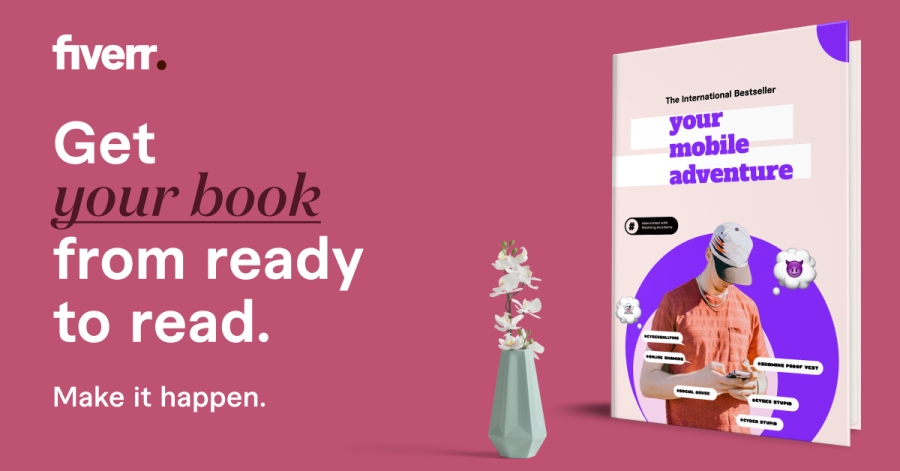
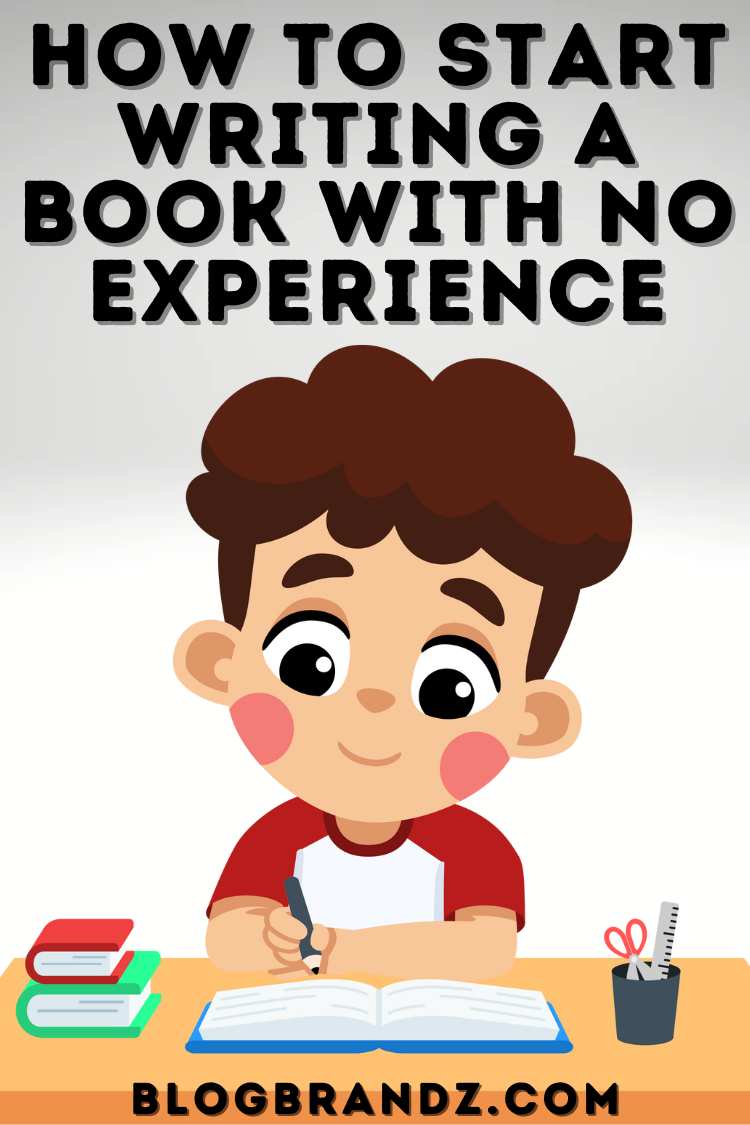
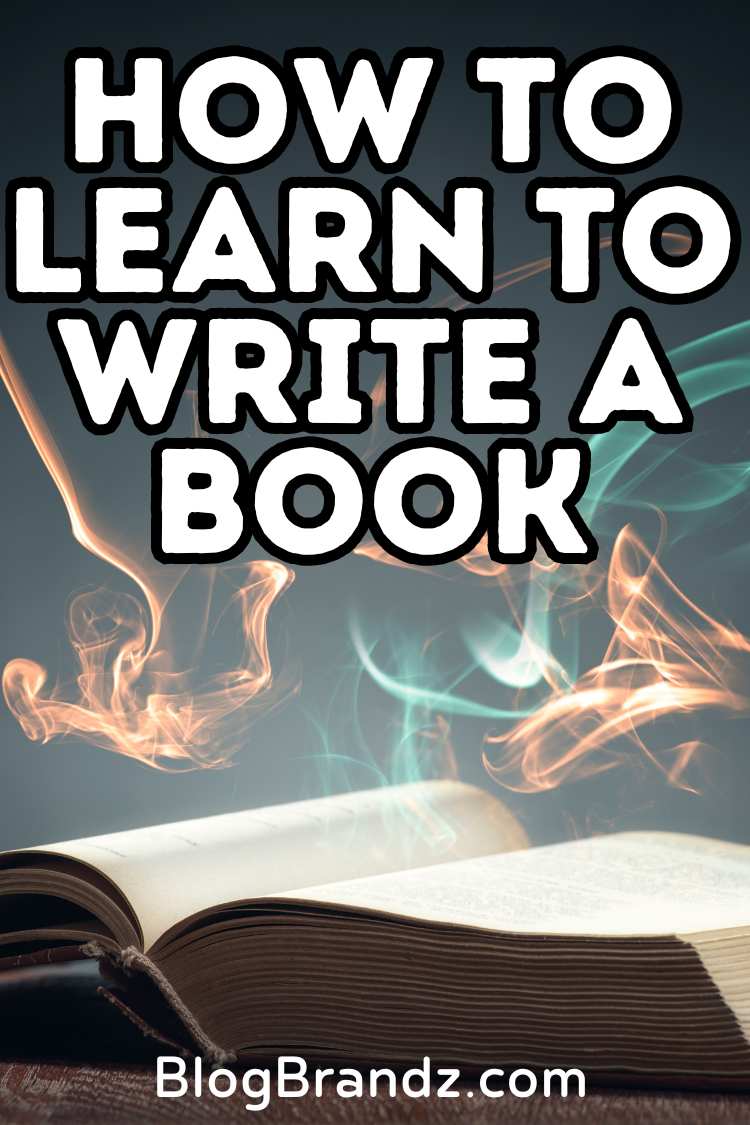
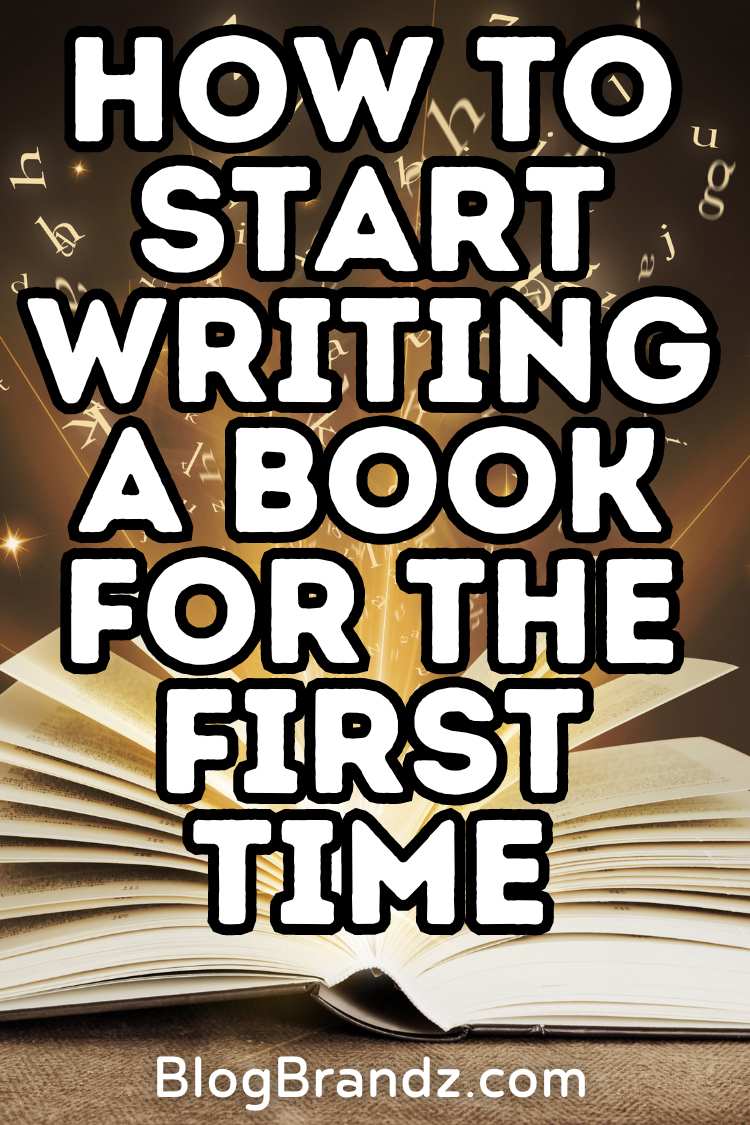
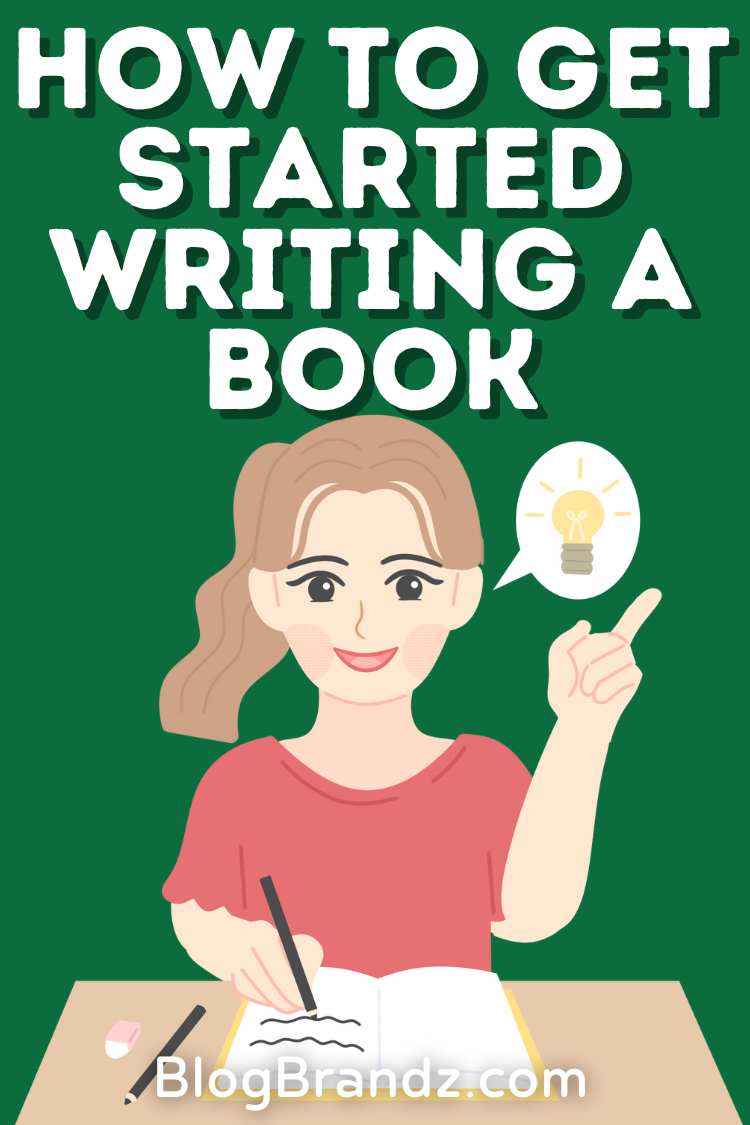
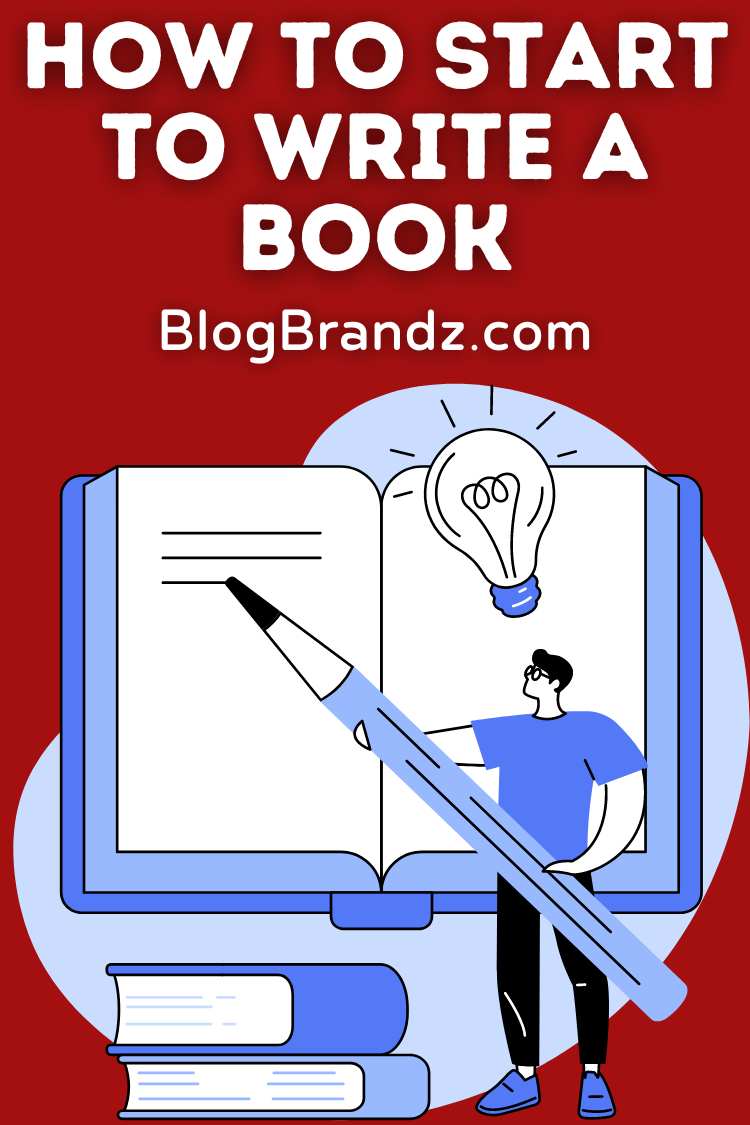
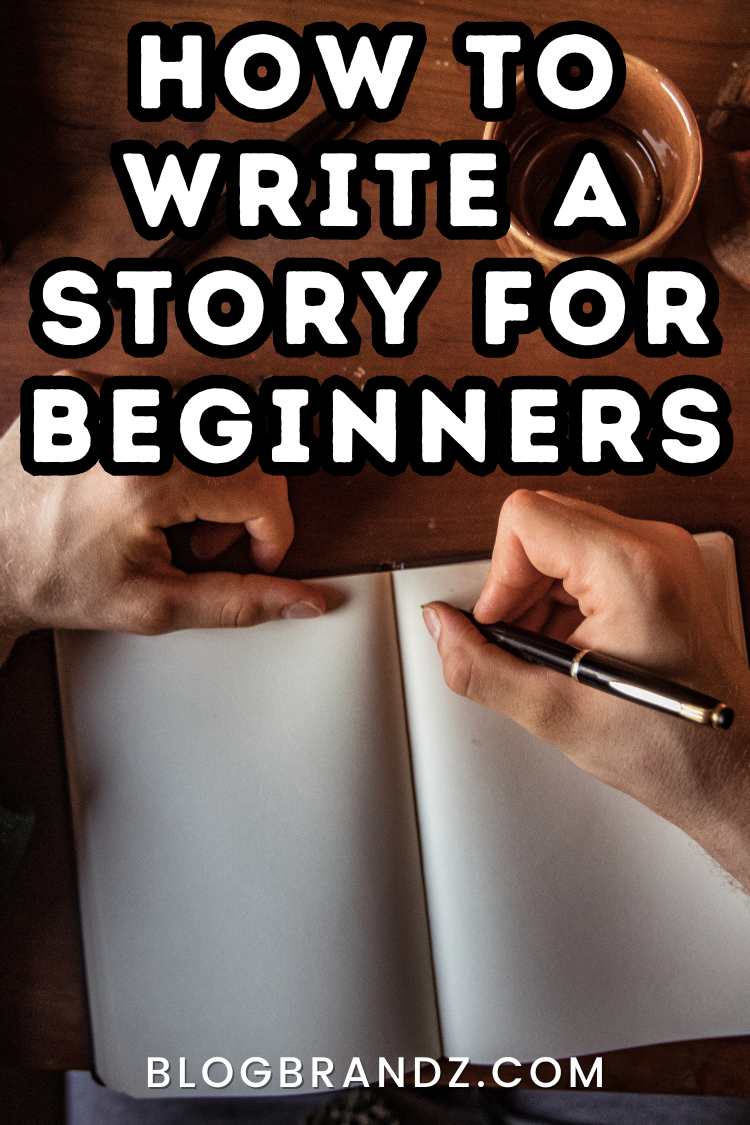
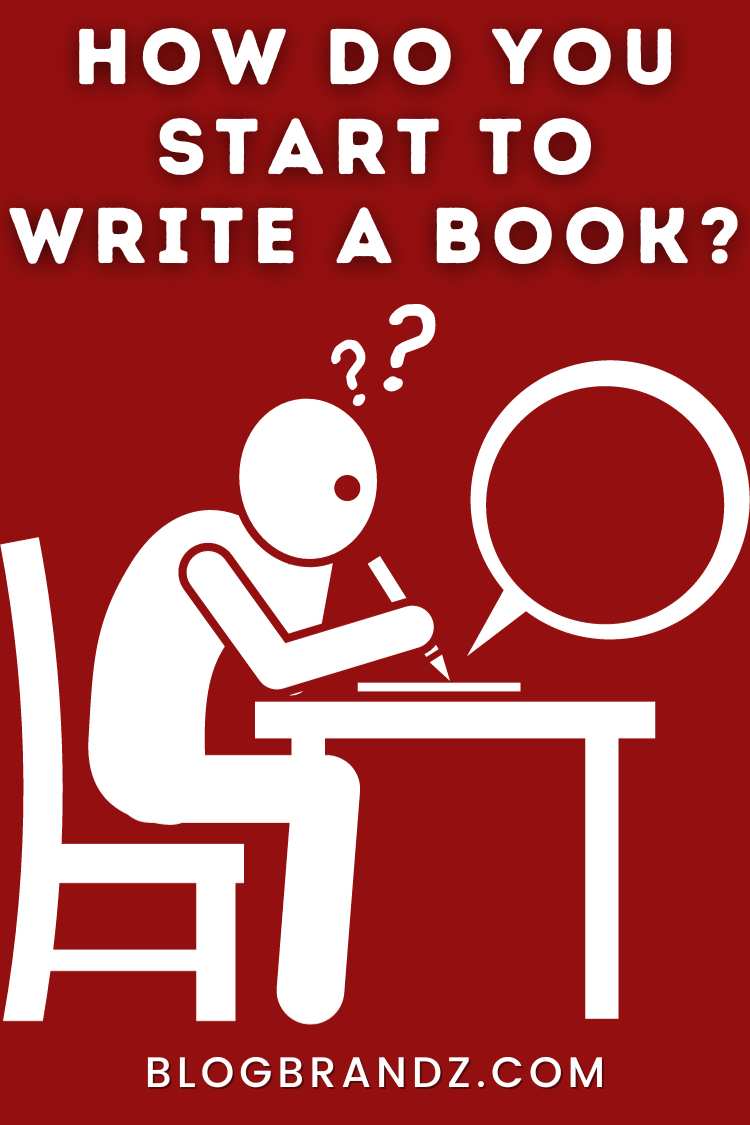
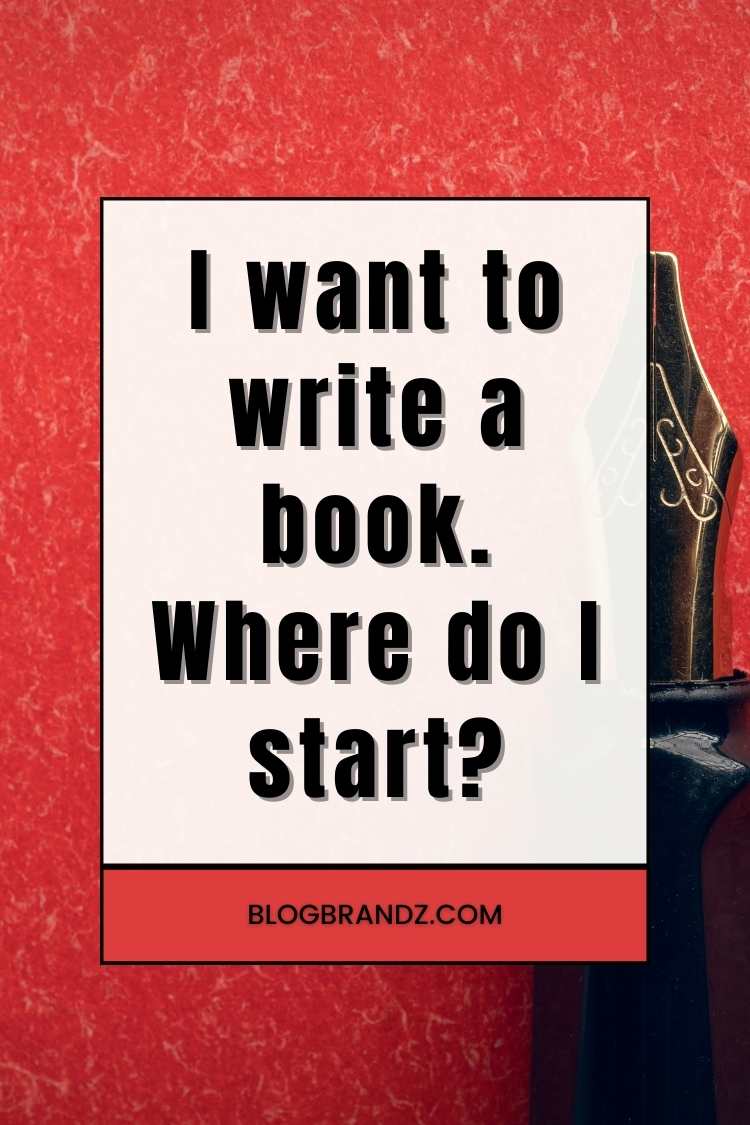
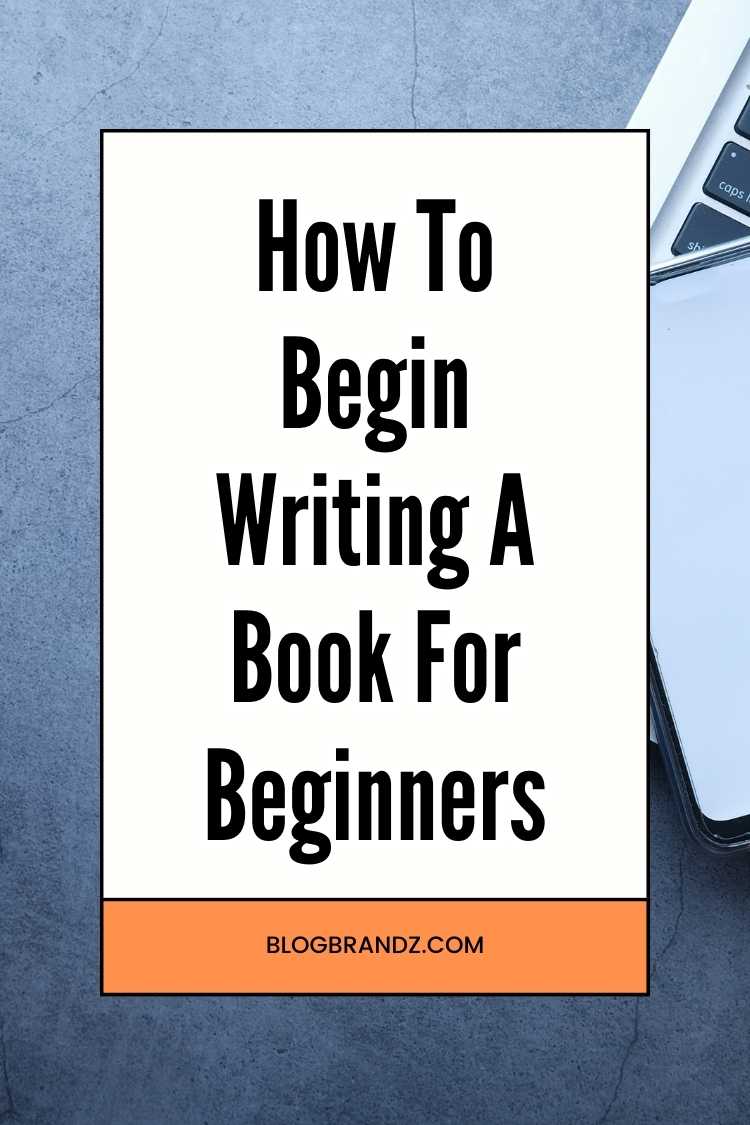
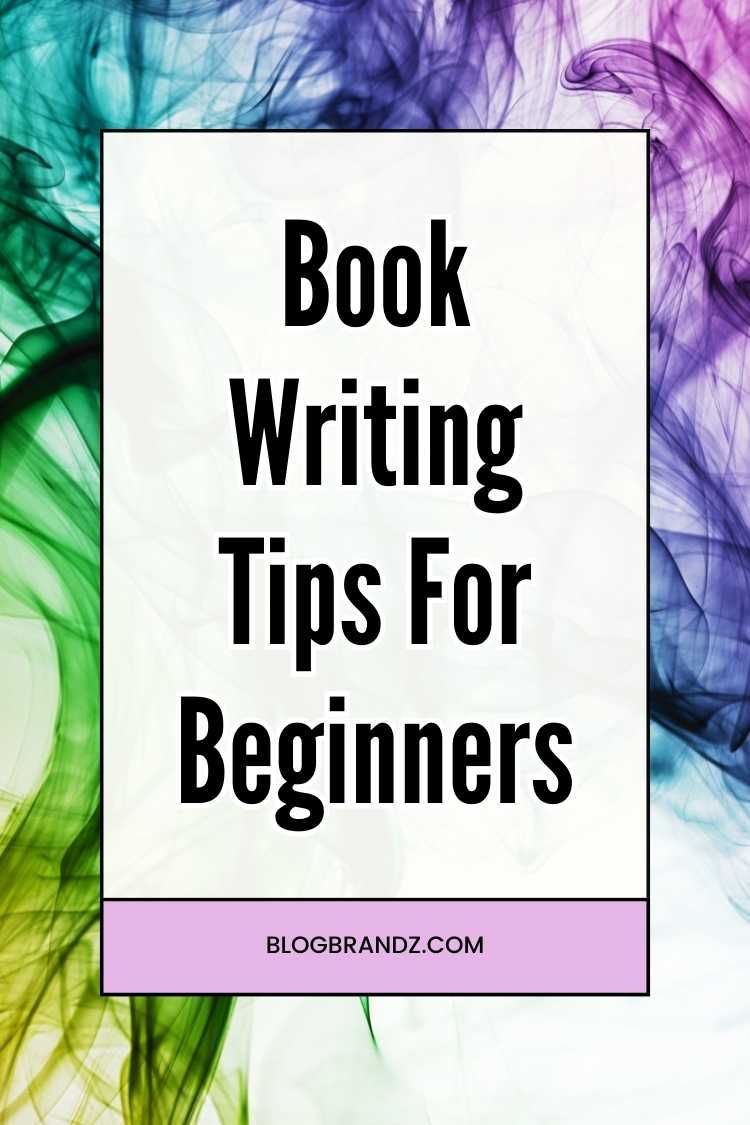
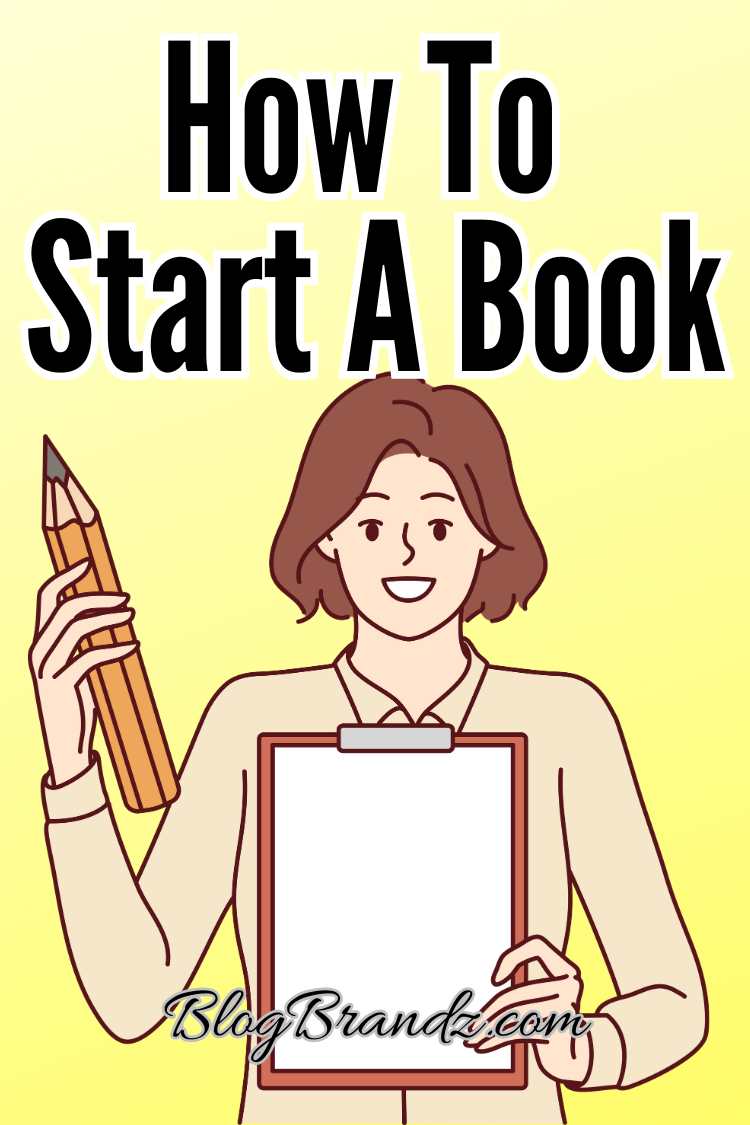
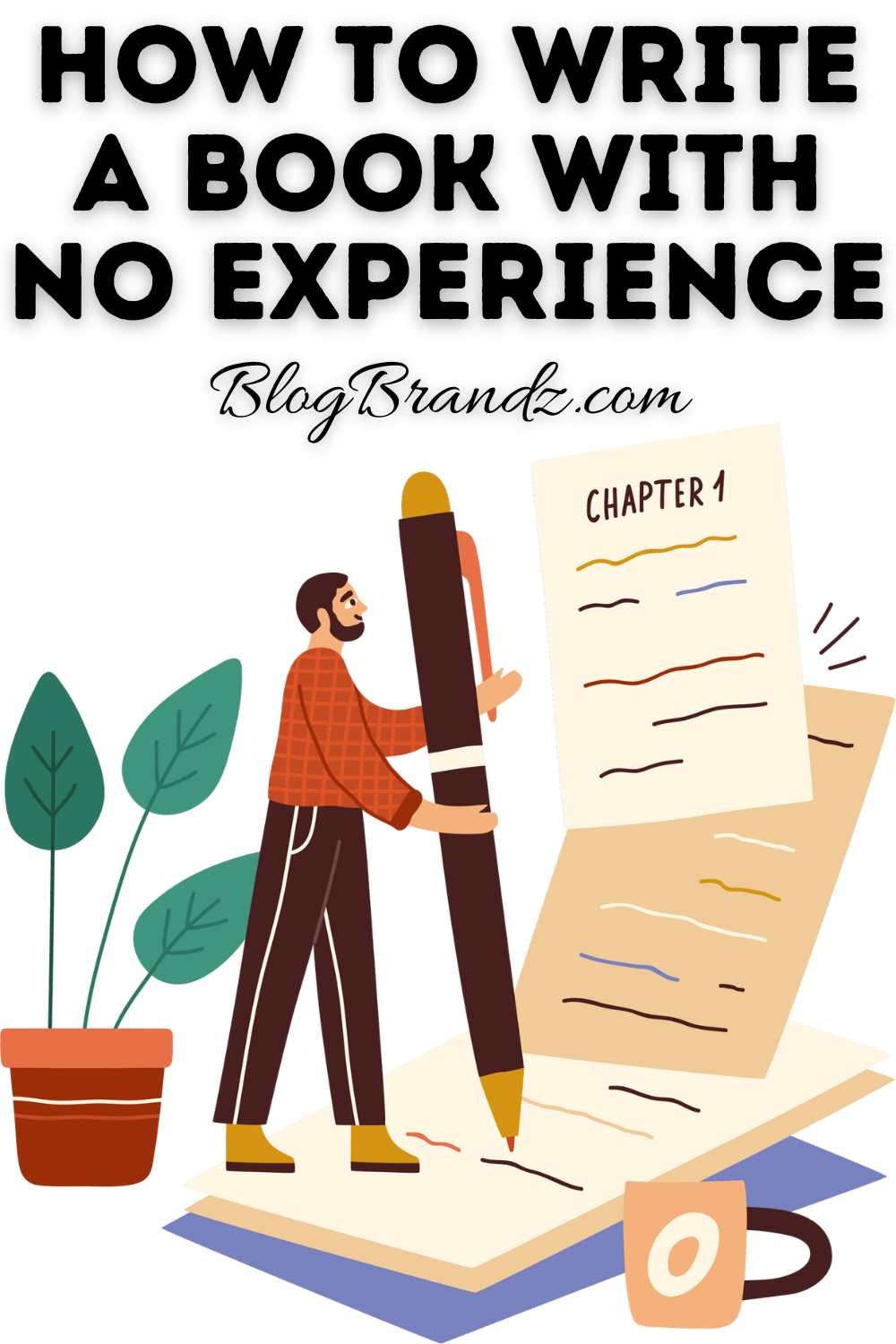
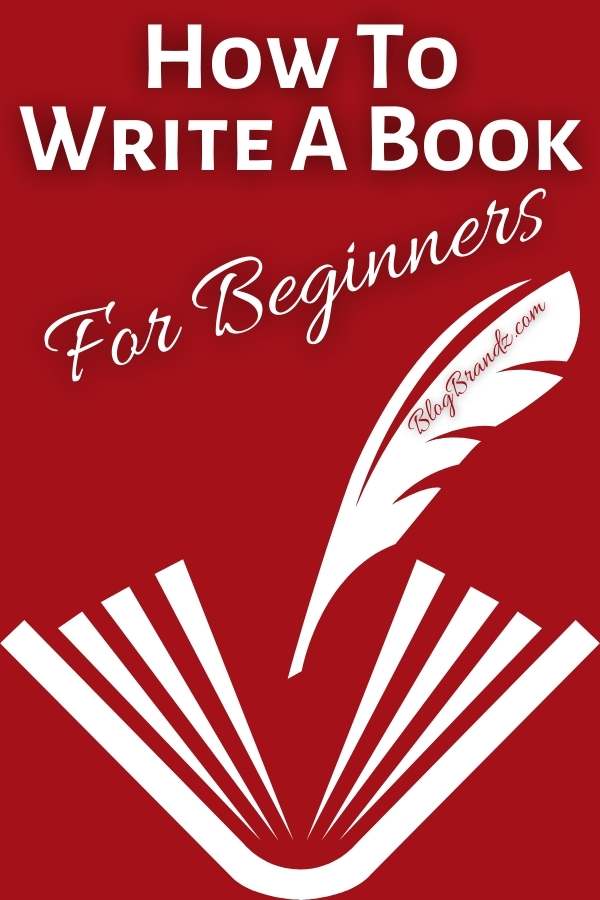
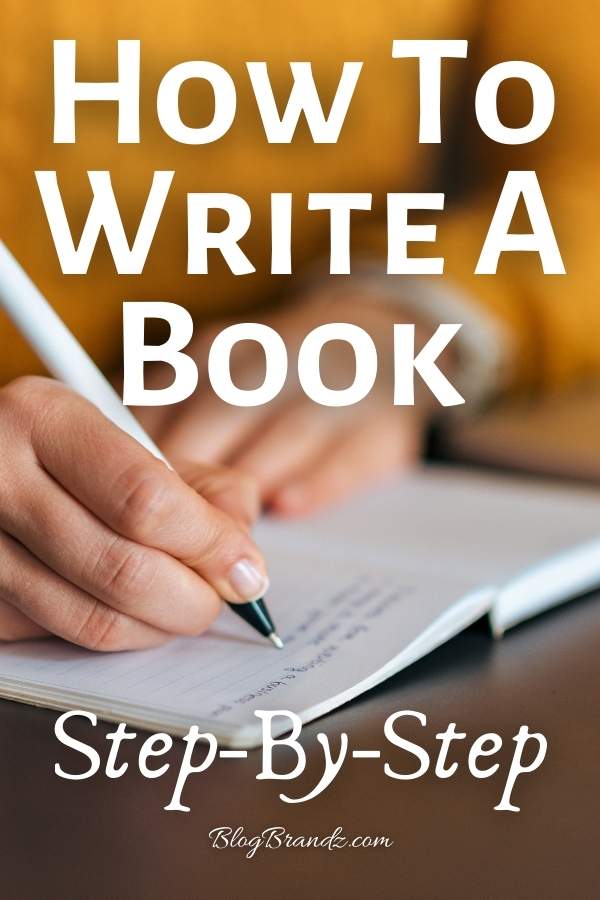
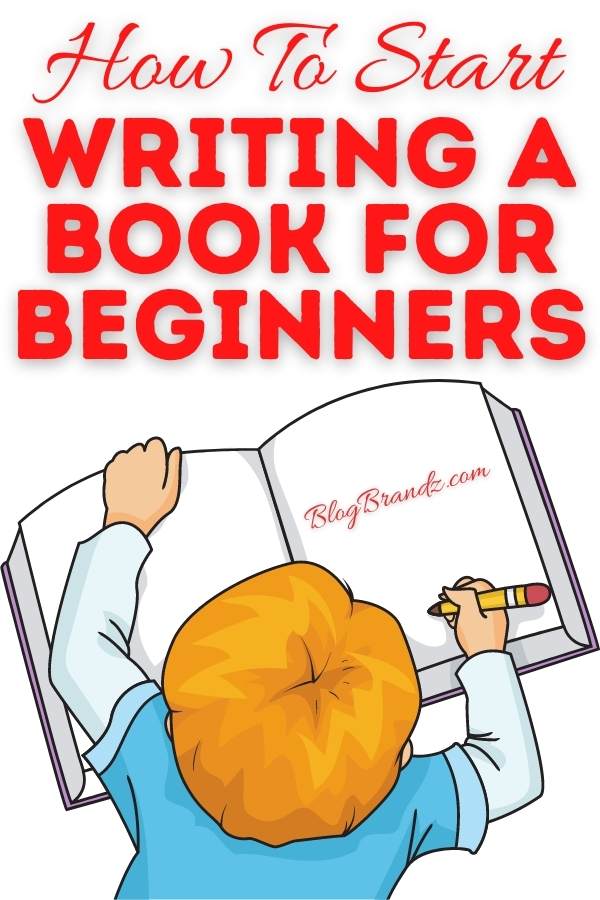
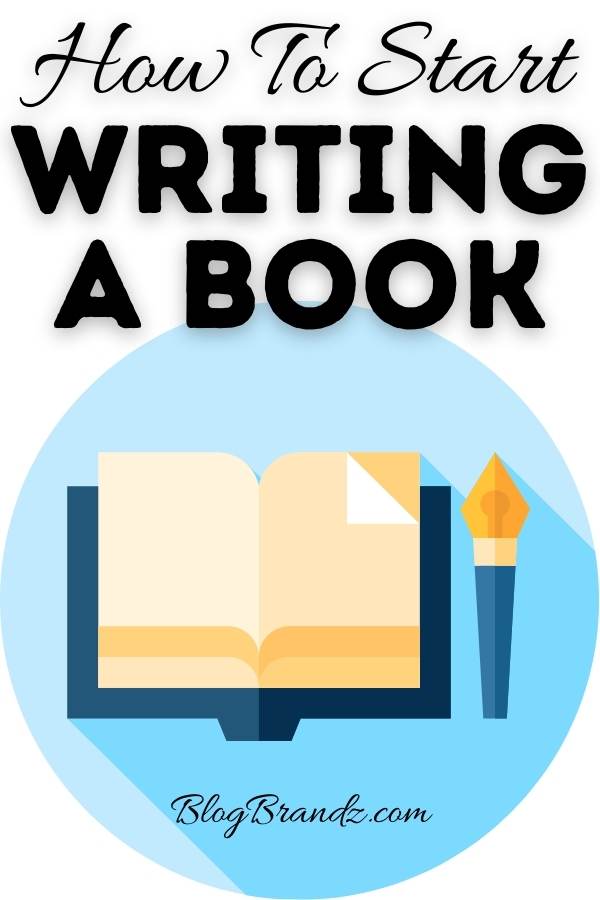
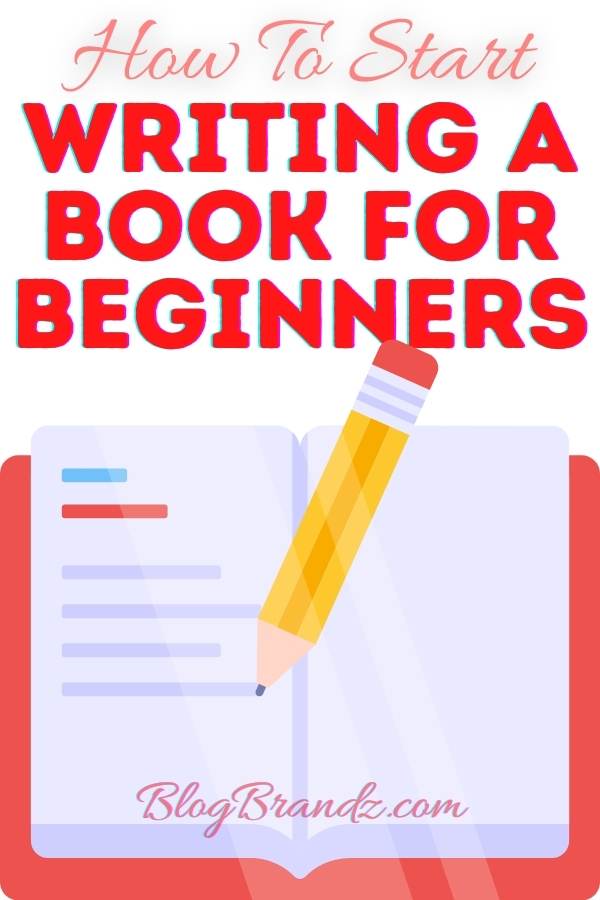
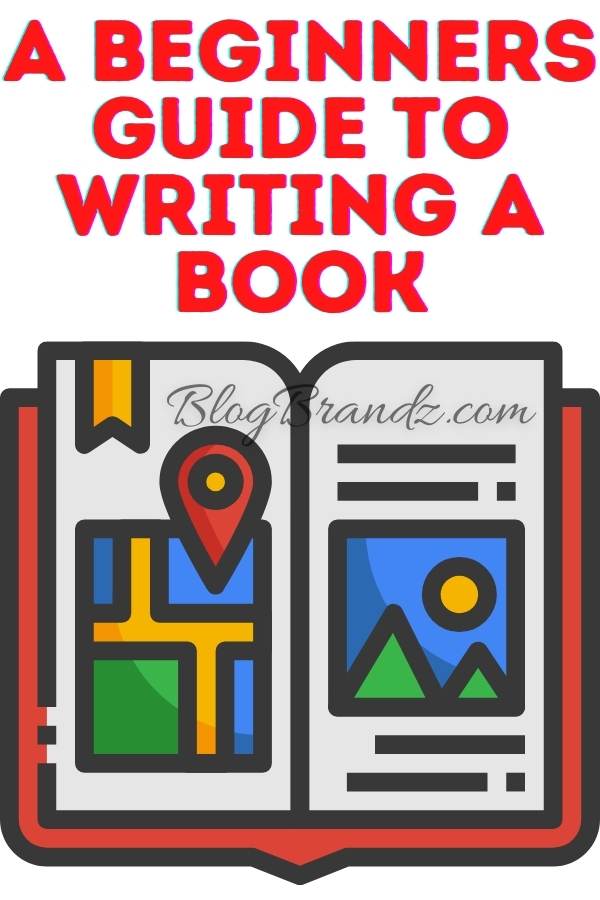
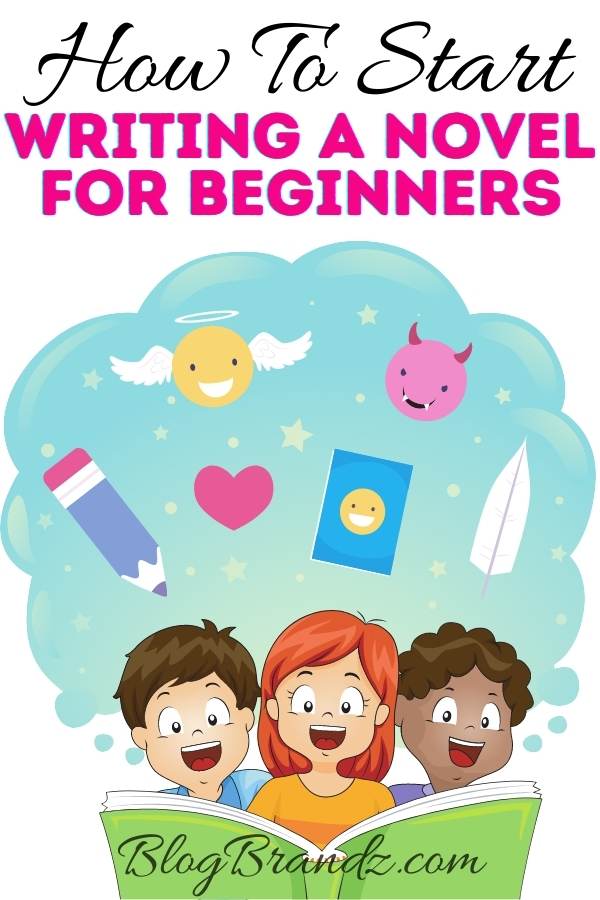
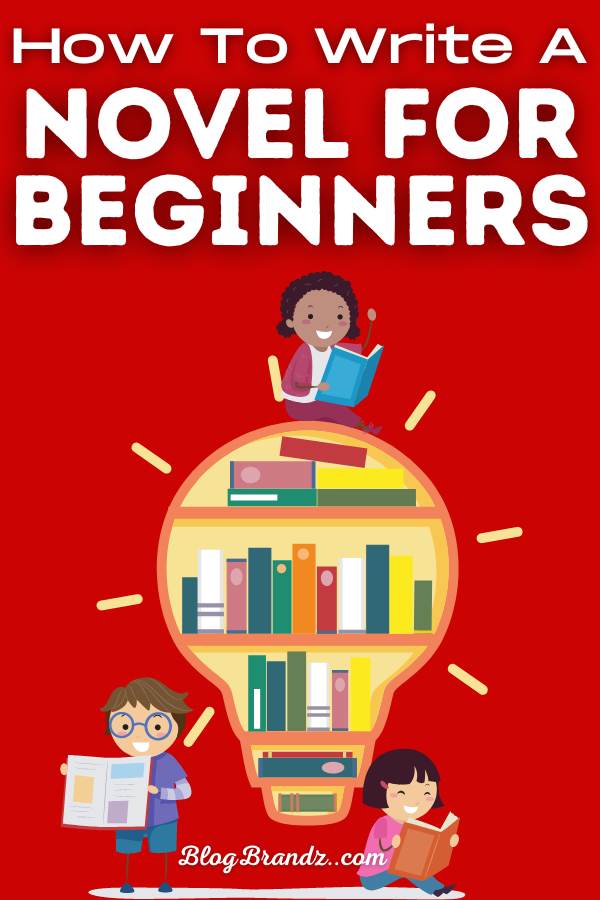

The thought of writing a book was very annoying before I read your article. But after reading this article I have gained confidence and I think that I can definitely write my own book. Thank you for providing me with so much inspiration from your article.
So glad to hear it, Daniel.